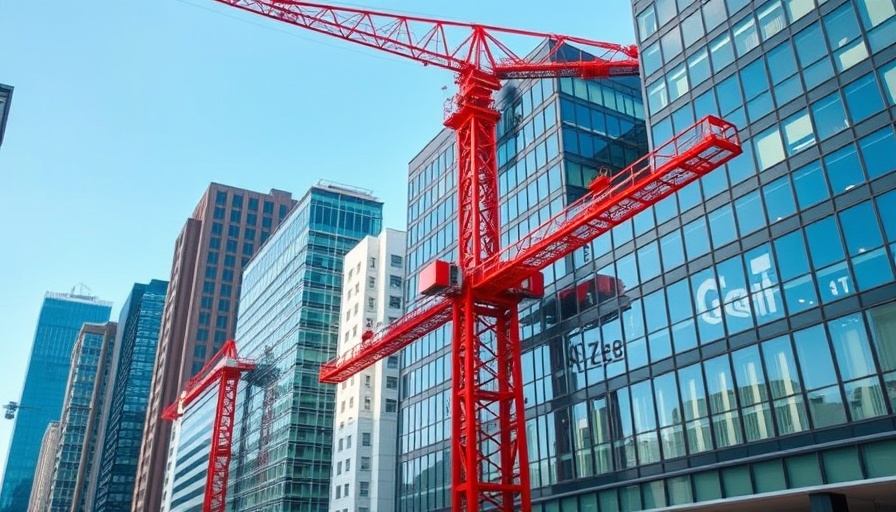
A Multimillion-Dollar Lawsuit in the Heart of Biotech
The recent lawsuit stemming from the closure of the Foundery Labs has sent shockwaves through the Bay Area, a crucial hub for biotechnology and innovation. The incubator, closely tied to UCSF, is facing allegations of abandoning valuable lab space, a move that could have significant implications for the local biotech landscape. As the lawsuit unfolds, various stakeholders, including entrepreneurs and investors, are watching closely to discern the future trajectory of biotech startups in San Francisco.
What Led to the Dispute?
The Foundery Labs, which operated on the edge of UCSF's Parnassus Heights campus, was initiated to foster the development of scientific innovation out of the university. However, the situation took a turn when it was alleged that the incubator neglected its lab space, leading to a lawsuit by Rubicon Point Partners. The suit claims that Foundery Labs not only abandoned the space but did so in a way that jeopardized projects that were crucial to ongoing biotech research.
The Impact on Biotech Startups
For many in the biotech industry, the outcome of this lawsuit is more than a legal battle; it serves as a barometer for the health of the startup ecosystem in San Francisco. Local news outlets indicate that startups and innovators view this situation as emblematic of larger issues—funding challenges, support from established institutions, and the sustainability of incubator spaces in the region.
Local Perspectives: Community Reactions
The biotech community is reacting with a mixture of concern and resolve. Many local entrepreneurs express worries about the message this lawsuit sends: that established entities like Foundery Labs may not prioritize their role as incubators for upcoming talent. The sentiment shared by numerous voices in the community is one of apprehension regarding future collaborations between academic institutions and private enterprises.
Important Financial Considerations
As the lawsuit progresses, financial implications loom large. Foundery Labs reportedly engaged in commitments that have now become contentious, with each side likely expecting to present evidence that could fundamentally reshape their financial standings. The claim for damages is expected to be substantial, indicating the serious nature of the financial stakes involved.
What Lies Ahead for Bay Area Biotech?
Looking forward, the Bay Area's biotech sector must adapt and respond to the outcomes of this case. Many industry leaders believe it could lead to changes in how incubators operate and interact with emerging companies. As stakeholders evaluate risks and strategies, some predict a shift towards more transparent agreements that prioritize the nurturing of the next wave of biotech innovations.
Conclusion and Call to Action
As the dynamics of the Bay Area biotech scene continue to evolve, staying informed is essential for anyone invested in this critical sector. With upcoming discussions and forums centered on the future of biotech, now is the time for parents, entrepreneurs, and community members alike to engage and understand these pivotal changes. Your voice matters in shaping the conversation around innovation and collaboration in San Francisco. Be a part of the dialogue!
 Add Row
Add Row  Add
Add 




Write A Comment